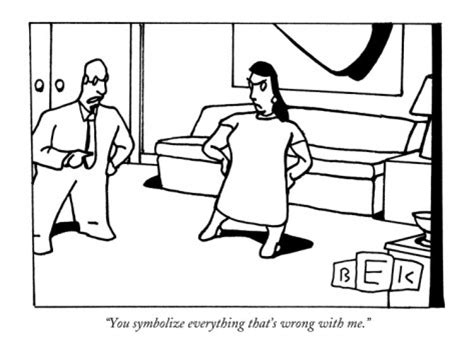A Quote by Karl Ove Knausgard
Form is, in a way, death. A novelist's obligation is to break free from the form, even though he knows that this will also be seen as artificial and distanced from life.
Related Quotes
In the face of death, especially violent death, things don't make sense anymore. So death is the dissolution of either physical form or psychological form. And when a form dissolves, always something shines through that had been obscured by the form. This is the formless One Life, the formless One Consciousness.
Through death you find yourself, because you no longer identify with form. You realize you are not the form with which you had identified neither the physical nor the psychological form of "me". That form goes. It dissolves and who you are beyond form emerges through the opening where that form was. One could almost say that every form of life obscures God.
The death penalty fulfills a preventive function, but it is also very clearly a form of revenge. It is an especially severe form of punishment because it is so final. The human life is ended and the executed person is deprived of the opportunity to change, to restore the harm done or compensate for it.
Most scientists assumethat life can only exist in physical life form. They send spaceships to other planets, looking for signs of physical life, not considering that life "may" also exist as energy or etheric form. Based on clairvoyant investigation, life also exists in etheric (energy) form; there are etheric beings of different degrees of awareness and development.
Philosophy - reduced, as we have seen, to philosophical discourse - develops from this point on in a different atmosphere and environment from that of ancient philosophy. In modern university philosophy, philosophy is obviously no longer a way of life, or a form of life - unless it be the form of life of a professor of philosophy.
To me, form doesn't always follow function. Form has a life of its own, and at times, it may be the motivating force in design. When you're dealing with form as a sculptor, you feel that you are quite free in attempting to mould and shape things you want to do, but in architecture, it's much more difficult because it has to have a function.
All that is limited by form, semblance, sound, color is called object. Among them all, man alone is more than an object. Though, like objects, he has form and semblance, He is not limited to form. He is more. He can attain to formlessness. When he is beyond form and semblance, beyond "this" and "that," where is the comparison with another object? Where is the conflict? What can stand in his way? He will rest in his eternal place which is no-place. He will be hidden in his own unfathomable secret. His nature sinks to its root in the One. His vitality, his power hide in secret Tao.
































